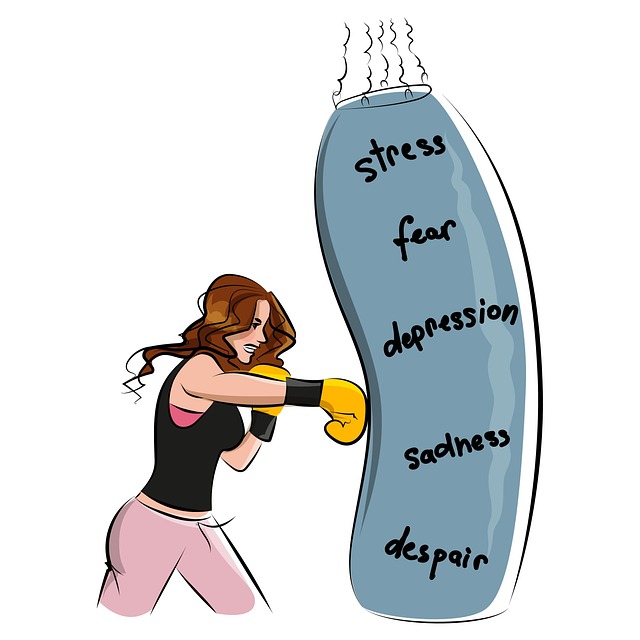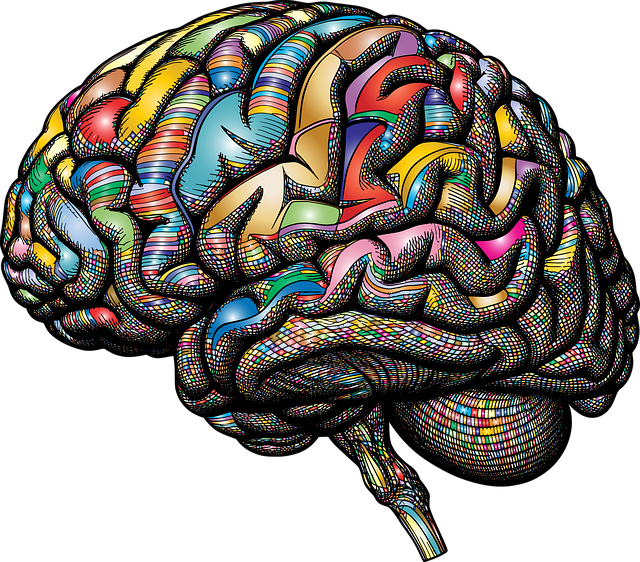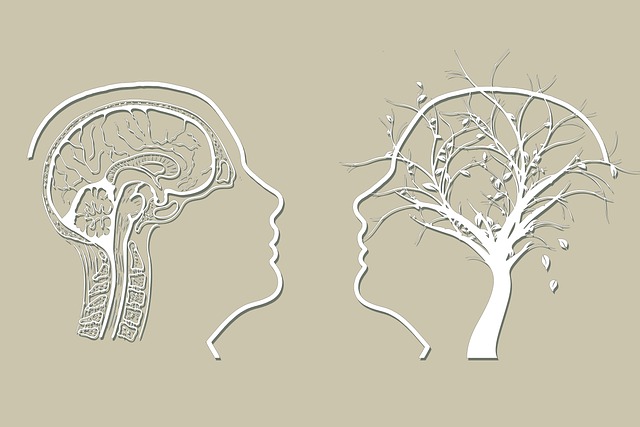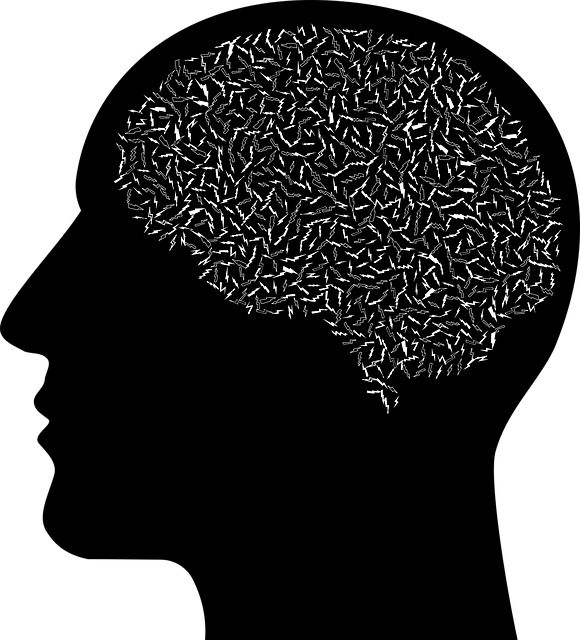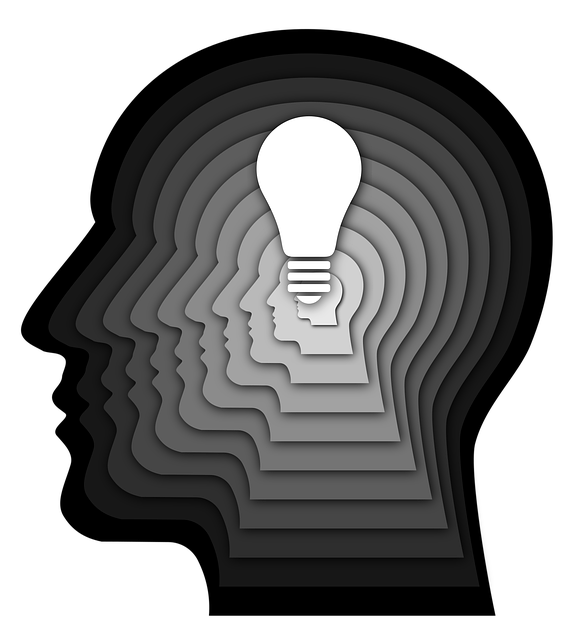The Wheat Ridge Cognitive Behavioral Therapy (WRCBT) is an effective mental wellness program evaluated through participation and outcome assessments. It targets unhelpful thought patterns, enhances emotional well-being, and improves coping skills, especially for depression and anxiety. Using standardized questionnaires and qualitative feedback, WRCBT measures success rates and tailors interventions to individual needs. Continuous evaluation guides improvements, ensuring the program remains relevant and effective in addressing diverse mental health concerns within targeted communities.
Mental wellness programs are essential components of modern healthcare, yet evaluating their effectiveness can be challenging. This article explores robust evaluation methods for mental health initiatives, focusing on the Wheat Ridge Cognitive Behavioral Therapy (WRCBT) approach. We discuss quantitative techniques to measure success and qualitative feedback from clients, highlighting the importance of both in program improvement. Through case studies and expert insights, we demonstrate how WRCBT leverages evaluation data to enhance therapeutic services, offering a comprehensive guide for optimal mental wellness support.
- Understanding Mental Wellness Programs and Their Evaluation
- The Role of Wheat Ridge Cognitive Behavioral Therapy (WRCBT) in Program Effectiveness
- Quantitative Assessment Techniques for Measuring Success
- Qualitative Feedback and Client Testimonials: Uncovering Insights
- Continuous Improvement: Using Evaluation Data to Enhance WRCBT Services
Understanding Mental Wellness Programs and Their Evaluation

Mental wellness programs are designed to promote and maintain overall psychological well-being, focusing on various aspects such as stress management, emotional resilience, and healthy coping mechanisms. These programs can include individual therapy, group support sessions, education workshops, and community outreach initiatives. One widely recognized and effective approach is Wheat Ridge Cognitive Behavioral Therapy (WRCBT), which aims to identify and change negative thought patterns and behaviors contributing to mental health issues.
Evaluation of such wellness programs is crucial for understanding their impact and effectiveness in improving participants’ mental health. This involves assessing both the program’s output (e.g., attendance rates, client feedback) and its outcomes (for instance, improvements in mood management, emotional intelligence, or reduced symptoms of anxiety and depression). By employing various methods, such as pre-post assessments, surveys, interviews, and qualitative analyses, mental health professionals can gather valuable insights into the program’s success, identify areas for improvement, and ensure the Community Outreach Program Implementation aligns with the needs of the target population.
The Role of Wheat Ridge Cognitive Behavioral Therapy (WRCBT) in Program Effectiveness

The Wheat Ridge Cognitive Behavioral Therapy (WRCBT) serves as a powerful tool for evaluating and enhancing mental wellness programs. This therapeutic approach focuses on identifying and modifying unhelpful thought patterns and behaviors, which are key factors in various mental health conditions, including depression and anxiety. By employing WRCBT, program evaluators can measure the effectiveness of interventions aimed at improving self-care practices among participants. The therapy’s structured nature allows for a systematic analysis of treatment outcomes, enabling a deeper understanding of what works best within specific contexts.
Incorporating WRCBT into mental health policy analysis and advocacy is valuable as it provides concrete data on the success rates of different programs. This evidence can significantly influence policy decisions related to mental wellness initiatives, ensuring that resources are allocated efficiently. Moreover, the therapy’s emphasis on personalized treatment plans makes it an effective strategy for evaluating and addressing individual needs, contributing to overall mental health improvement within targeted populations.
Quantitative Assessment Techniques for Measuring Success

Quantitative assessment techniques play a pivotal role in evaluating the success of mental wellness programs, offering measurable data that provide insights into the program’s impact. One widely recognized approach is the use of standardized questionnaires and surveys designed to gauge participants’ emotional well-being, symptoms of anxiety or depression, and overall mental health status before and after the intervention. These tools, such as the Wheat Ridge Cognitive Behavioral Therapy (WRCBT) assessment protocols, allow for comparative analysis, enabling therapists and researchers to identify significant improvements or areas requiring further attention.
Moreover, incorporating metrics like Emotional Intelligence (EQ) scores and measuring changes in stress levels through structured workshops can offer a more holistic view of participants’ progress. Organizations implementing Trauma Support Services often utilize these quantitative methods to evaluate the effectiveness of their programs, ensuring that services provided align with the needs of their clientele. By combining such assessments, mental health professionals can tailor interventions, enhance treatment outcomes, and continuously improve the overall quality of care delivered through Stress Management Workshops.
Qualitative Feedback and Client Testimonials: Uncovering Insights

Qualitative Feedback and client testimonials are invaluable tools in evaluating mental wellness programs, such as those offering Wheat Ridge Cognitive Behavioral Therapy (WRCBT). This approach allows for a deeper understanding of the therapeutic process by gathering insights directly from individuals who have undergone treatment. Through open-ended questions and personal narratives, clients can share their experiences, highlighting what worked best for them and any challenges faced during therapy. These qualitative methods provide a rich source of information that quantitive metrics might miss.
Uncovering client testimonials offers a glimpse into the transformative power of WRCBT in developing coping skills and fostering inner strength (Coping Skills Development, Inner Strength Development). The feedback can reveal themes related to improved mood regulation, enhanced self-awareness, or better management of anxiety and stress. By analyzing these narratives, mental health professionals can refine their programs, tailor interventions to diverse needs, and ensure the effectiveness of WRCBT in addressing various mental health concerns within a supportive environment.
Continuous Improvement: Using Evaluation Data to Enhance WRCBT Services

In the context of Wheat Ridge Cognitive Behavioral Therapy (WRCBT), continuous improvement is a key aspect of enhancing therapeutic services. Evaluation data plays a pivotal role in this process by providing valuable insights into the effectiveness and impact of various interventions. By systematically assessing patient outcomes, therapists can identify areas where adjustments are needed. This may involve refining treatment protocols, incorporating new techniques, or tailoring approaches to better suit individual needs. For instance, evaluation results might reveal that Self-Awareness Exercises are particularly beneficial for certain clients, leading to their integration as a core component within the WRCBT framework.
Moreover, continuous improvement encourages a dynamic and responsive approach to mental wellness programs. The Community Outreach Program Implementation can be guided by evaluation data, ensuring that services remain relevant and accessible to the community’s evolving needs. Through regular assessments, therapists can adapt their practices to address emerging trends in mental health concerns, such as heightened anxiety or depression, and implement evidence-based strategies accordingly. This iterative process fosters a culture of excellence within WRCBT, ultimately enhancing patient outcomes and overall program effectiveness.
The evaluation of mental wellness programs, such as Wheat Ridge Cognitive Behavioral Therapy (WRCBT), is a multifaceted process that combines both quantitative and qualitative methods. By employing these techniques, we can gain valuable insights into program effectiveness, identify areas for improvement, and ensure client satisfaction. The data collected through these evaluations serve as a powerful tool to enhance the services offered by WRCBT, ultimately fostering better outcomes for those seeking support for their mental health journeys.

